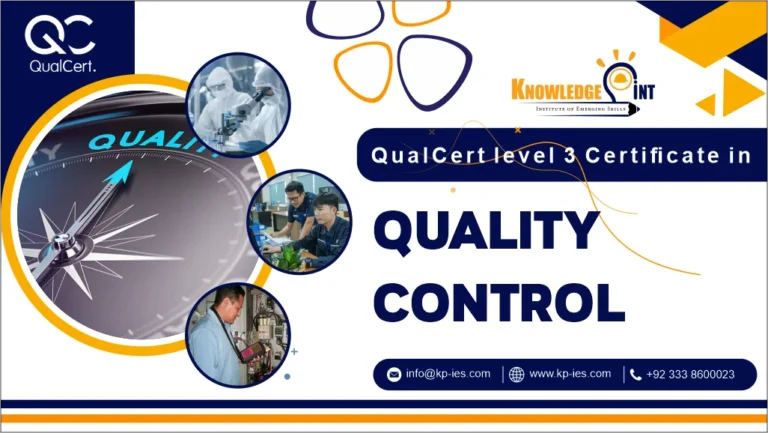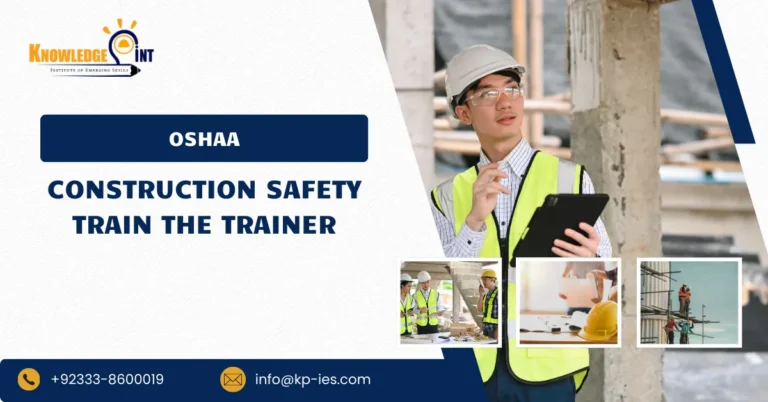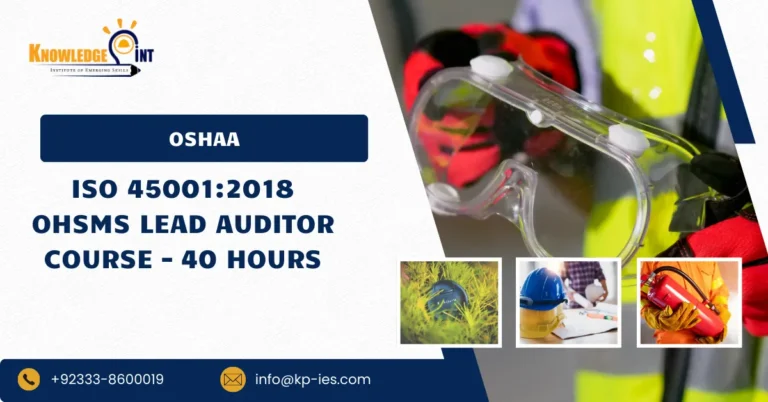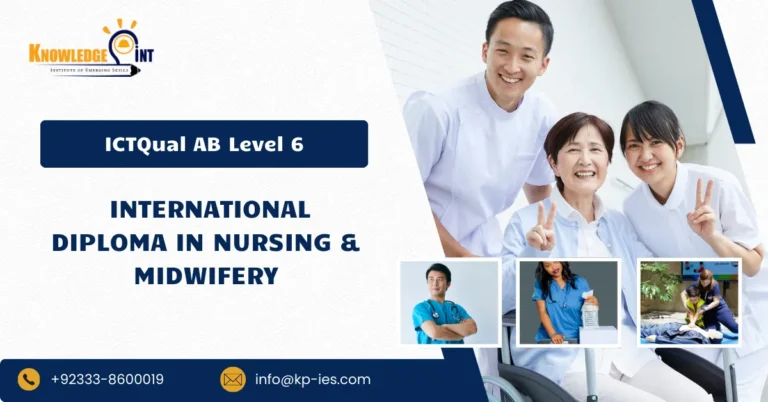OSHAA 30-Hours Professional Diploma
Quality Assurance / Quality Control (QA/QC) and Piping Engineering
Awarding Body
OSHAA
Duration
30 Hours
Course Type
QA/QC
study mode
Online Learning
Course overview
The OSHAA 30-Hours Professional Diploma in Quality Assurance/Quality Control (QA/QC) and Piping Engineering is a focused training program designed for professionals aiming to excel in inspection, welding, and piping systems within industrial and construction environments. This diploma combines theoretical knowledge with practical skills, making it highly relevant for industries such as oil and gas, petrochemicals, power generation, and large-scale infrastructure projects.
Participants gain a comprehensive understanding of QA/QC principles, including piping materials, fabrication methods, welding technologies, and international standards such as ASME, API, and ISO. The course emphasizes non-destructive testing (NDT), visual weld inspection, and interpretation of piping isometrics and engineering drawings, enabling learners to identify defects and ensure compliance with quality requirements. Skills in preparing and reviewing inspection and test plans (ITPs), quality documentation (WPS, PQR, NDT reports), and field-based inspection techniques are also developed.
Beyond technical expertise, the diploma focuses on global codes, site quality procedures, and regulatory compliance, preparing professionals to meet international standards. Graduates are equipped for roles such as QA/QC Piping Inspector, Welding Inspector, NDT Technician, or Site Quality Engineer, contributing to structural integrity, project success, and workplace safety.
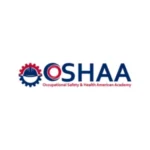
satellite centre of Paradigm Us
For OSHAA Qualifications

Entry Requirments
Entry Requirements for the OSHAA 30-Hours Professional Diploma in Quality Assurance / Quality Control (QA/QC) and Piping Engineering:
- Educational Qualifications:A minimum of secondary school education (high school diploma or equivalent) is required. Applicants with technical or engineering qualifications in mechanical, civil, or industrial disciplines are highly recommended.
- Professional Experience:Prior experience in piping fabrication, welding, inspection, QA/QC, or related industrial fields is advantageous but not mandatory.
- English Language Proficiency:Since the program is delivered in English, learners must show competence in reading, writing, and communication.
Course structure
The OSHAA 30-Hours Professional Diploma in Quality Assurance / Quality Control (QA/QC) and Piping Engineering qualification consists of 9 mandatory units.

